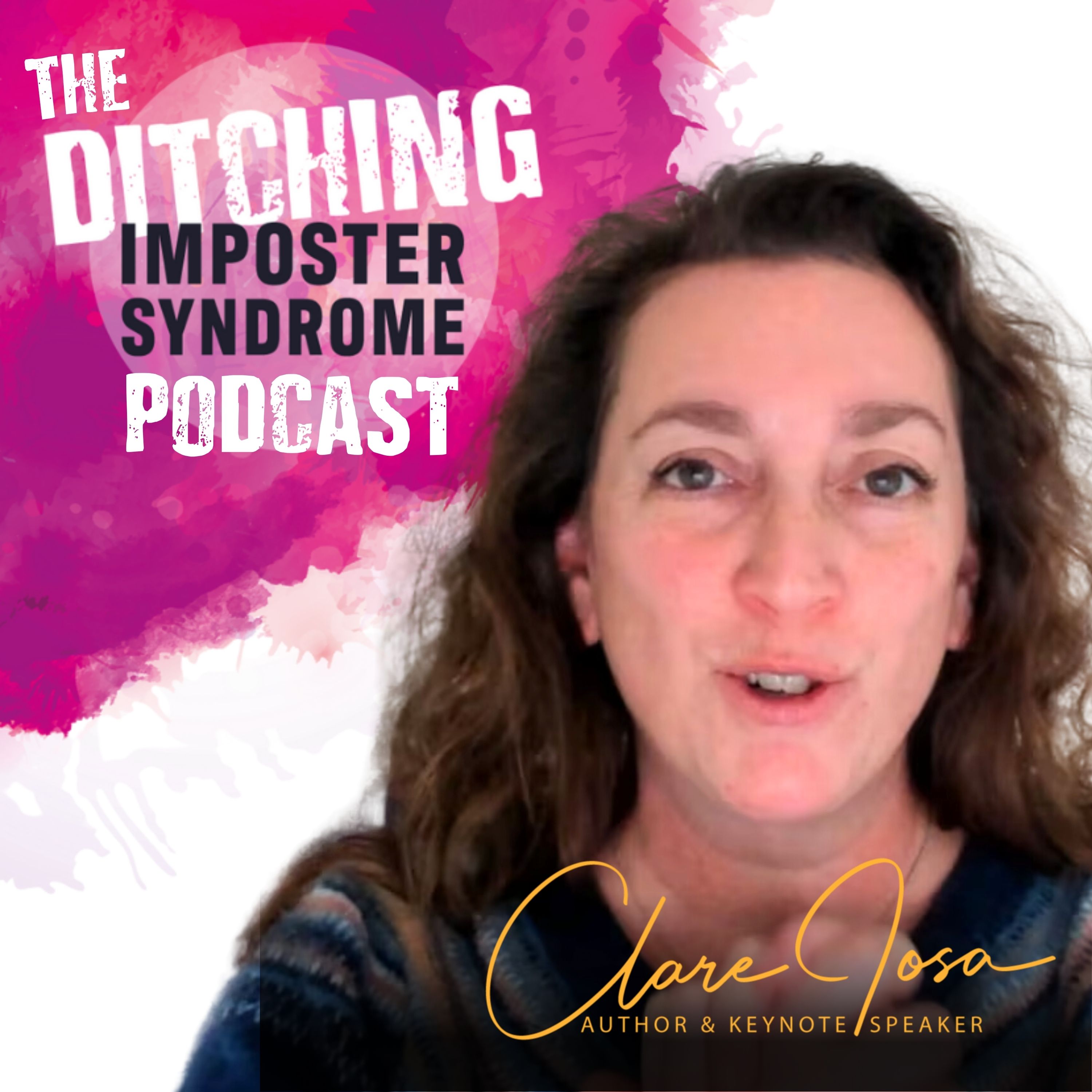Oct 18 2024 24 mins
This is a special episode today for World Menopause Day.
Did you know that perimenopause is one of the biggest trigger points for imposter syndrome, according to our research study, causing talented women to leave not just their job, but even the career that they loved?
This special episode of the Ditching Imposter Syndrome podcast is both for women who are going through the perimenopause to explain why it's triggering imposter syndrome that may previously have been dormant for you...
... And it's also for those who love them, who work with them, for their employers, to find out how to spot the warning signs that someone might need some additional support to stop the cycle and to create lasting change.
You are losing from your organisation, many of your best women leaders just at the point where they're about to do their best work to make the biggest contribution of their career due to a combination of perimenopause and impostor syndrome.
In this special episode, we're going to talk about how to spot the warning signs that imposter syndrome and perimenopause might be creating a secret storm for yourself or for people you care about. Seven reasons why this happens. This is science based. This is about biology and the research we've done into imposter syndrome.
My top advice, which, spoiler alert, in case you don't get to listen to the end, is do not make drastic decisions. Deal with the root causes instead. And you might be amazed how often that decision then changes.
And we're going to wrap up with what you can do as an employer or a colleague or a loved one. So there is this perfect storm effect that happens between perimenopause and imposter syndrome.
Resources:
- The 2024 Imposter Syndrome Research Study - get the white paper
- Episode 33: Why Imposter Syndrome Makes Your Mind Go Blank In Meetings
- Get certified as an Imposter Syndrome Practitioner or an Imposter Syndrome Master Coach
Key Takeaways:
- Perimenopause can significantly trigger dormant imposter syndrome, impacting women's careers and mental health.
- Understanding the biological changes during perimenopause is crucial for addressing imposter syndrome effectively.
- Employers should recognize the signs of imposter syndrome in talented women during perimenopause.
- High cortisol levels due to stress can exacerbate symptoms of both perimenopause and imposter syndrome.
- Addressing imposter syndrome can improve workplace performance and support women navigating perimenopause.
- Proactively supporting women in clearing imposter syndrome is essential for retaining top talent.
